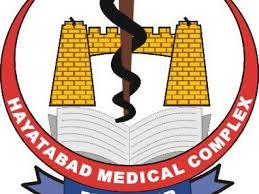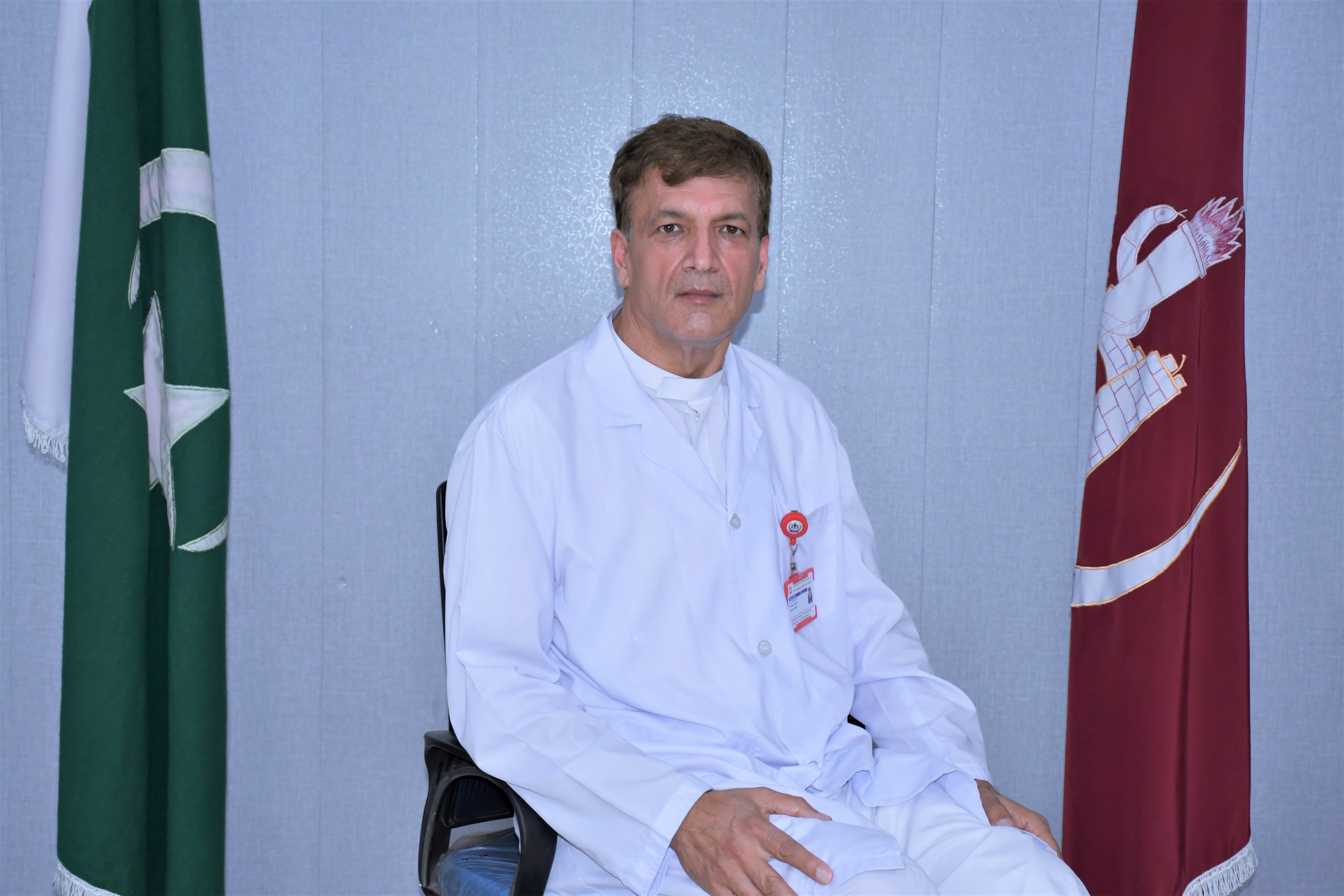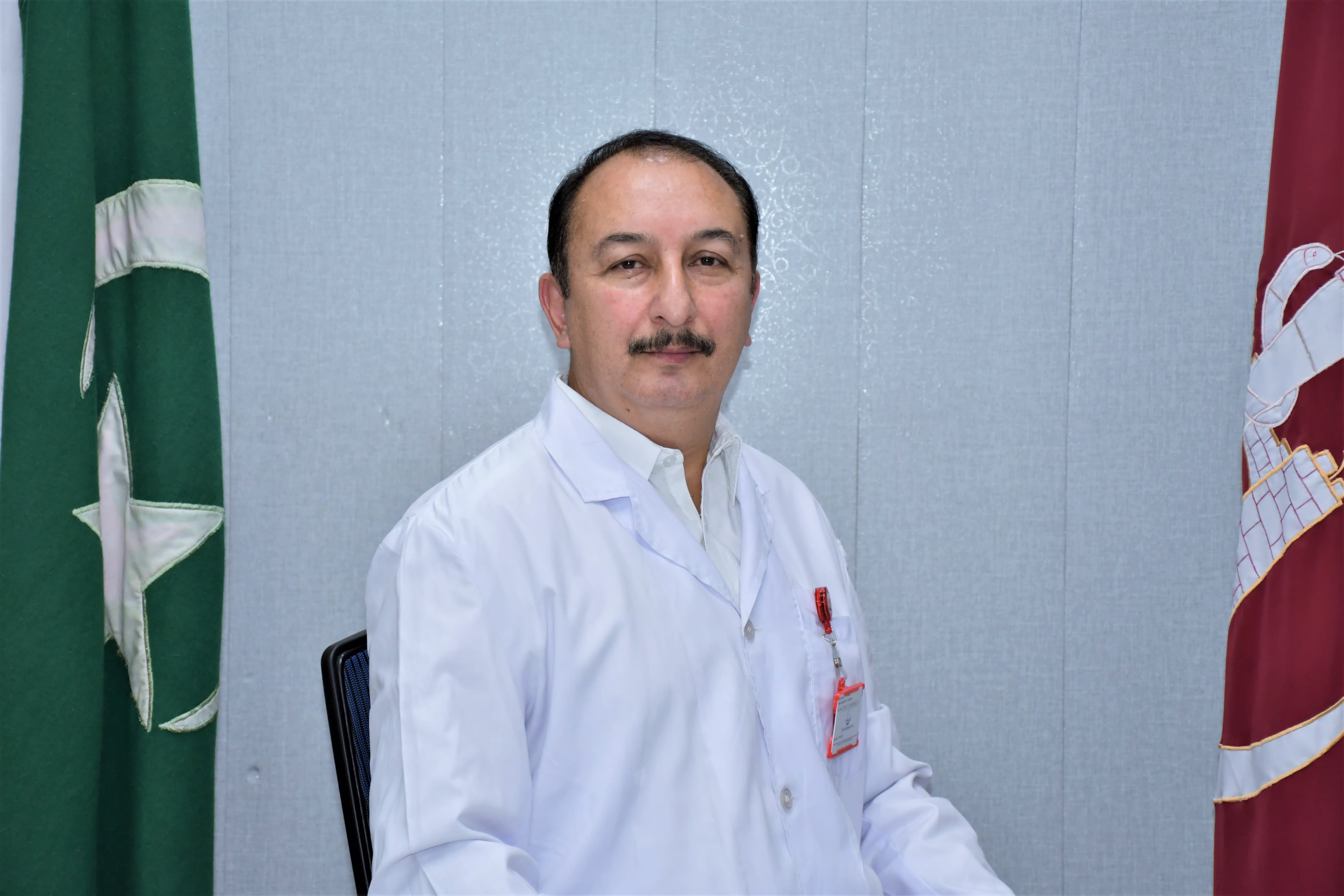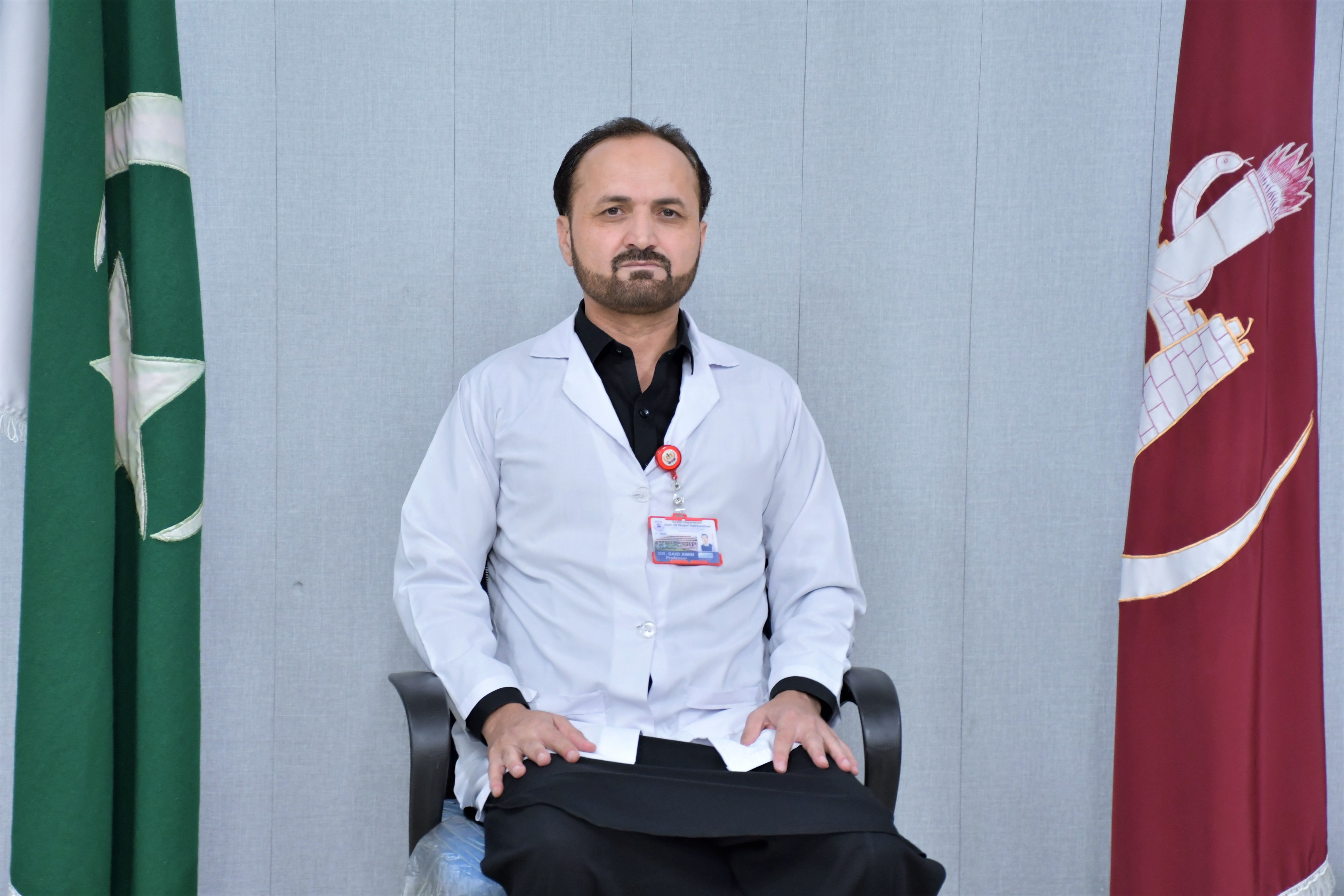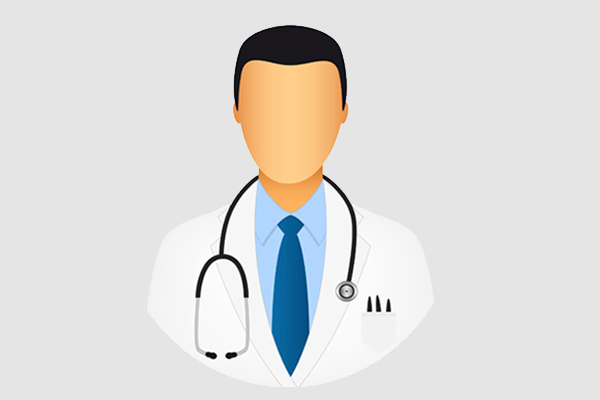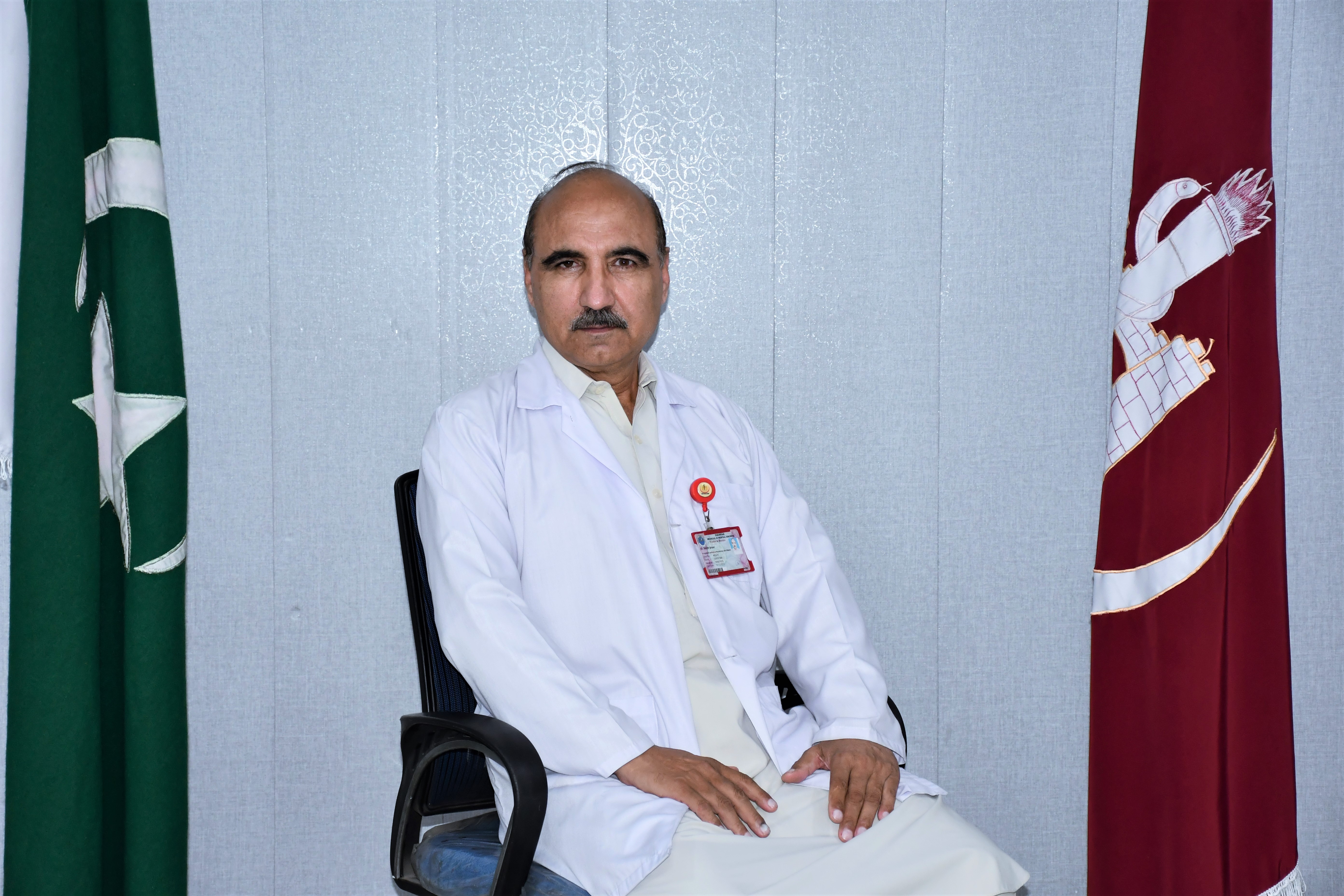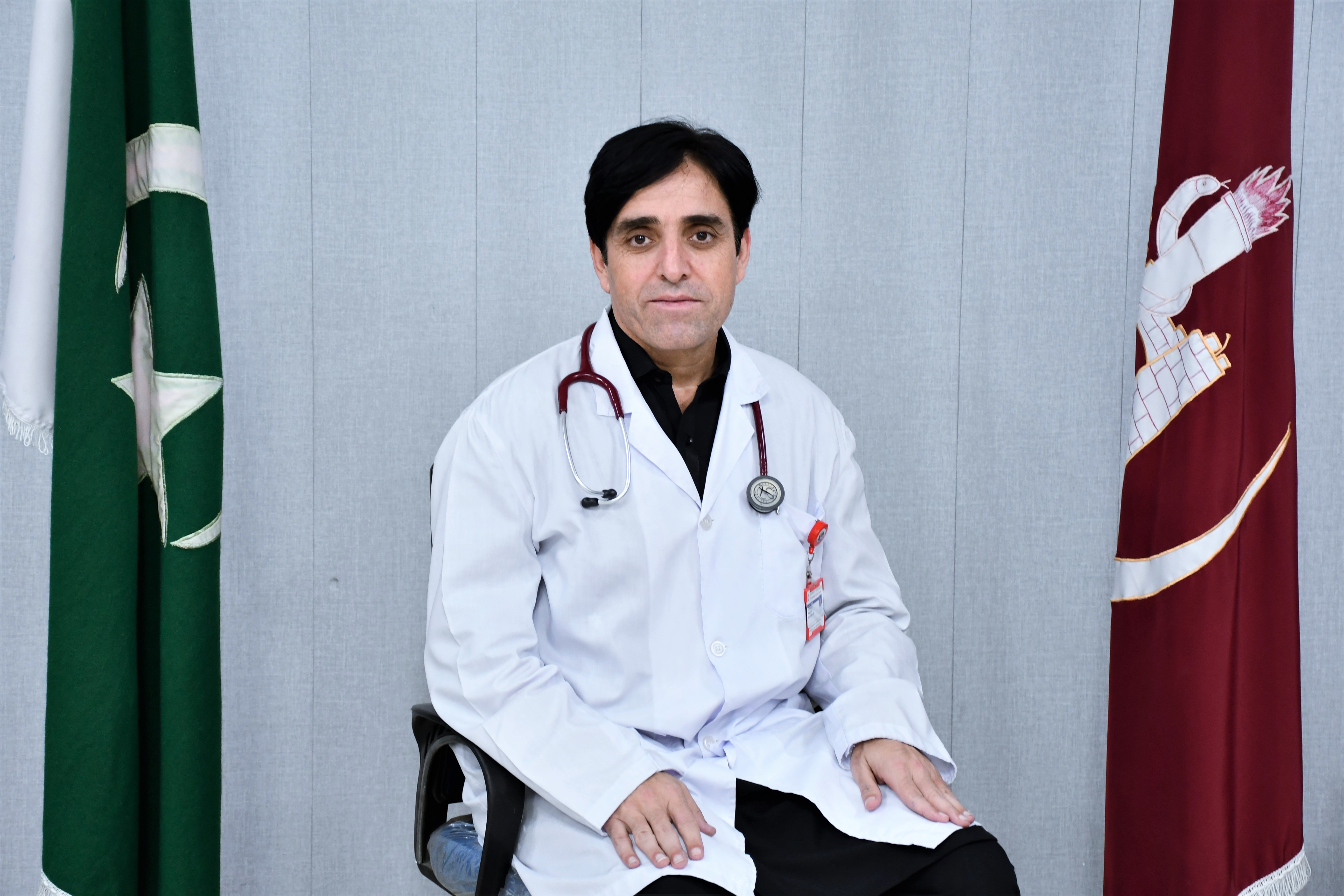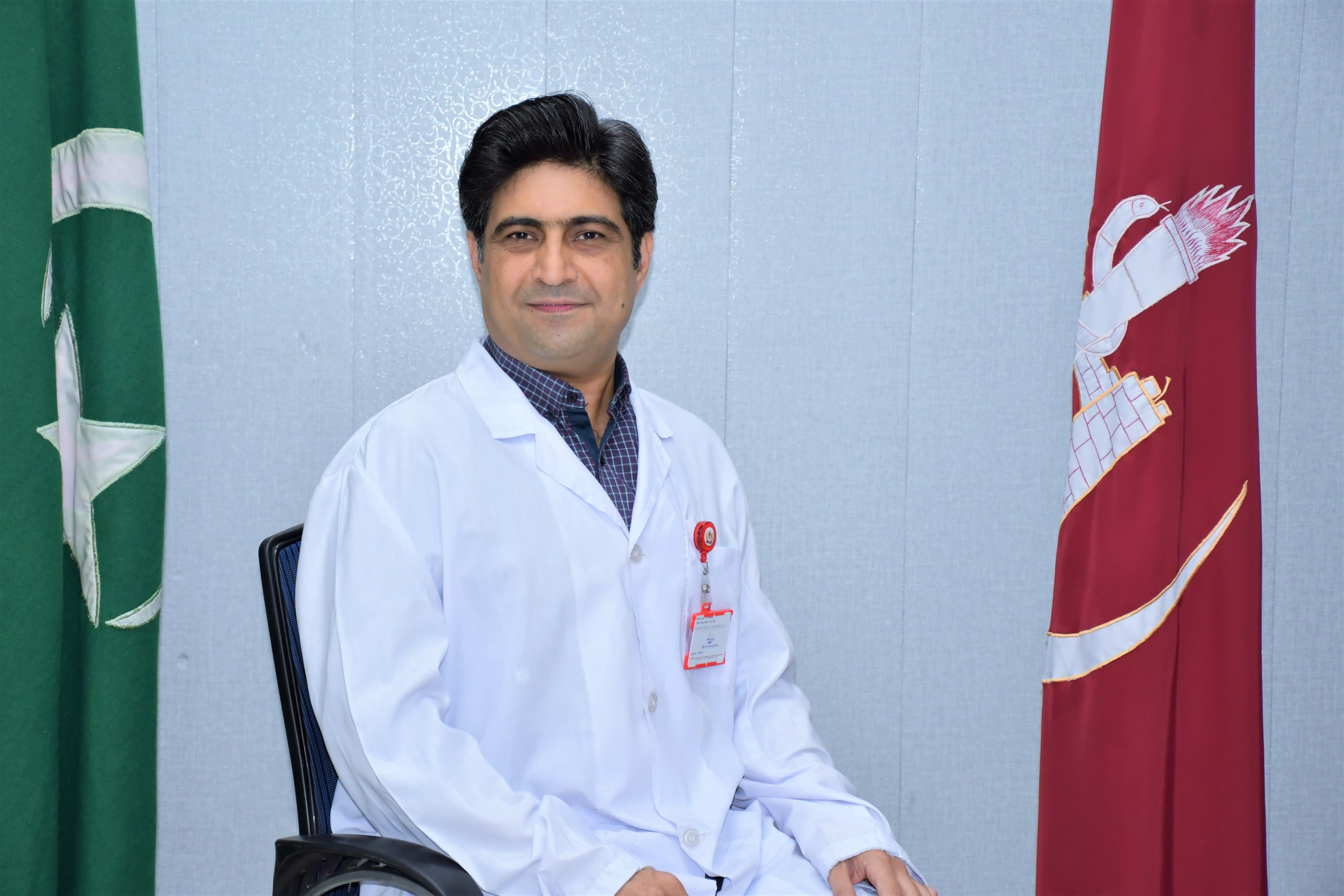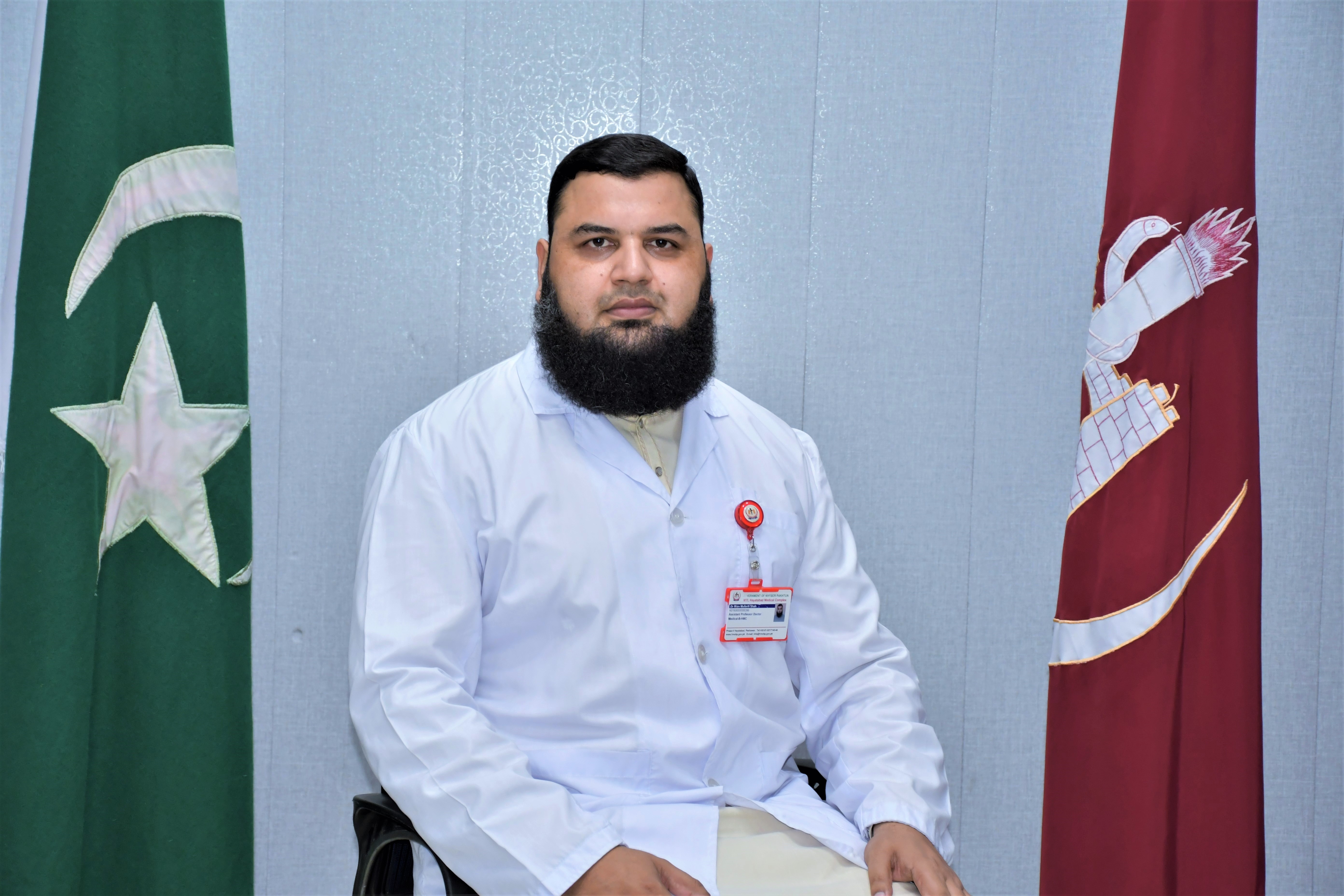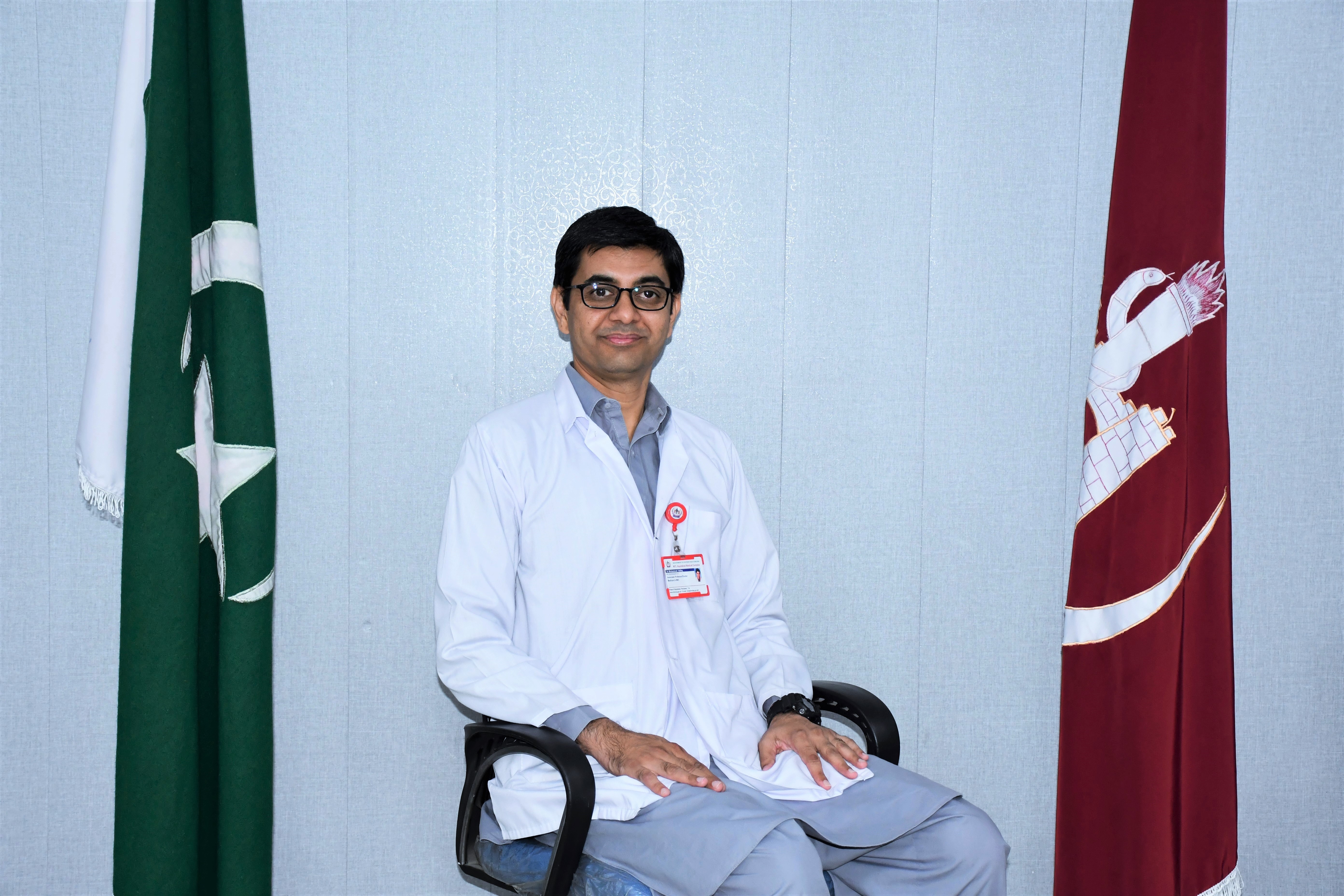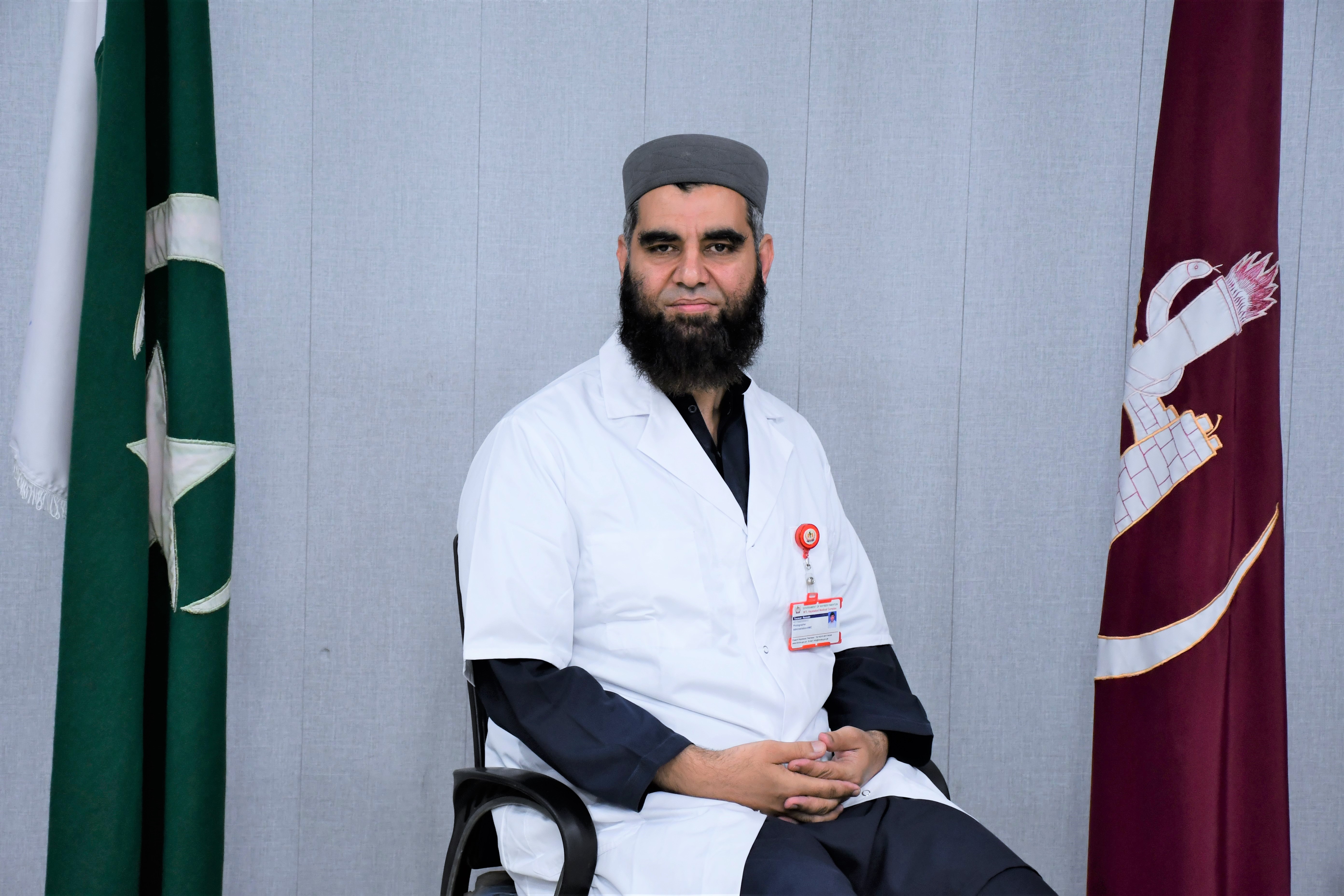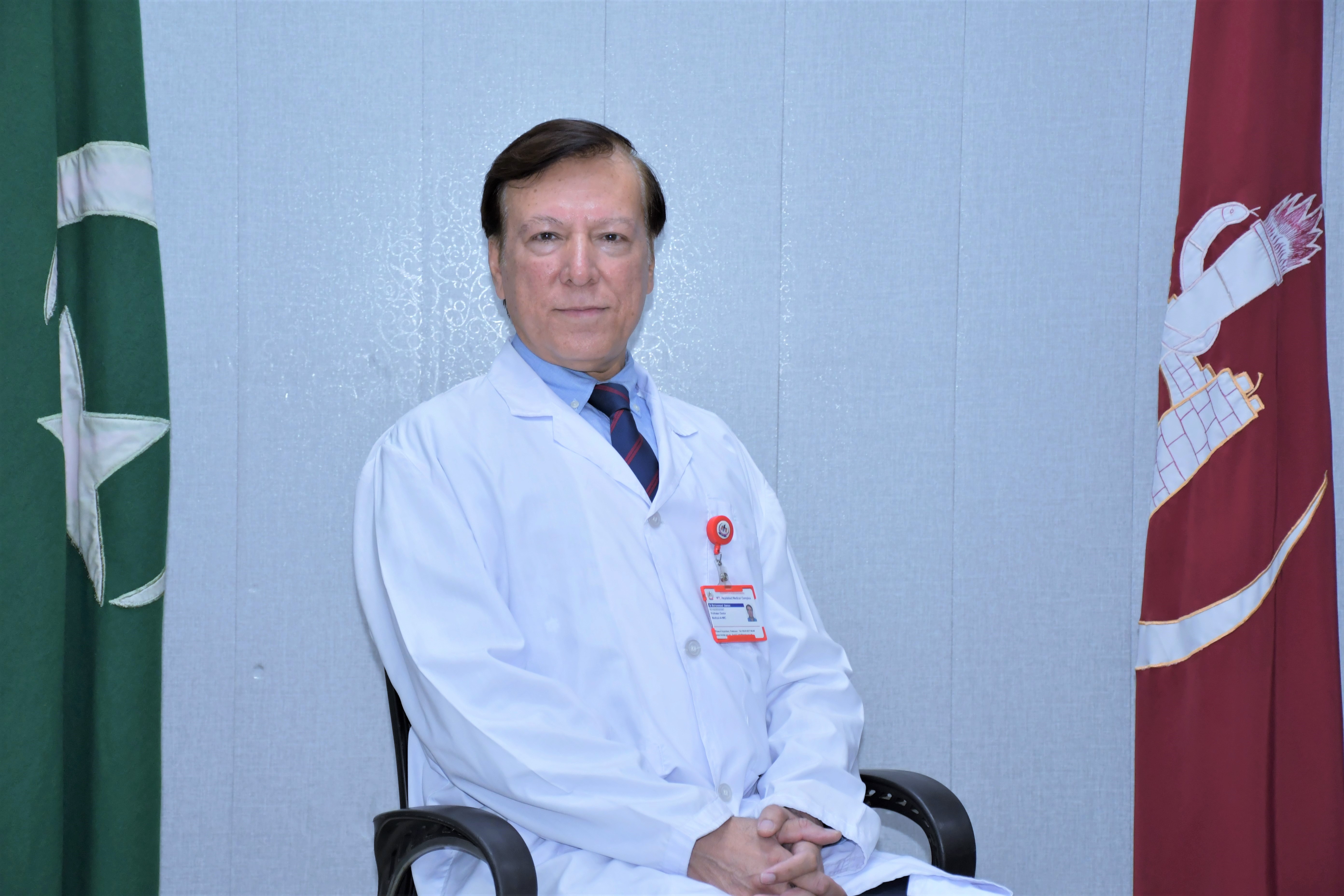•Functions of the Medical Department
•Inpatient Care
- The Medical Department provides extensive inpatient services, admitting patients with a wide range of internal medicine conditions. The hospital beds are divided across three functional units, each supervised by a team consisting of professors, associate professors, assistant professors, specialist registrars, and nursing staff. Each unit offers round-the-clock care, ensuring that patients receive high-quality treatment tailored to their specific needs. Regular ward rounds and case reviews are carried out, with specialists making decisions on diagnosis, treatment plans, and follow-up care.
•Outpatient Care
- Outpatient services are one of the primary modes of patient interaction in the department. The outpatient department (OPD) operates daily clinics, where patients from across the province consult for various medical conditions. Physicians at different levels of the hierarchy—ranging from specialists to trainees—manage these consultations. The medical staff assesses and manages cases involving chronic conditions, routine check-ups, and follow-ups, ensuring continuity of care.
-
• Emergency Care
- The medical department is also responsible for providing emergency services. A dedicated team handles acute internal medicine emergencies such as strokes, myocardial infarctions, severe infections, and other life-threatening conditions. This service operates 24/7, with a quick response system to manage urgent cases, including stabilization and referrals to appropriate units for further treatment.
-
Procedures
- The department is equipped to perform essential diagnostic and therapeutic procedures. Regular procedures carried out include:
- - Endoscopies: Both diagnostic and therapeutic gastrointestinal endoscopies are routinely performed for conditions like gastrointestinal bleeding, ulcers, and tumors.
- - Biopsies: Biopsies are performed for various organ systems, aiding in the diagnosis of cancers, inflammatory diseases, and infections.
- - Dialysis: For patients with renal failure, the department provides dialysis services. Both hemodialysis and peritoneal dialysis are available, ensuring comprehensive renal care.
-
Teaching and Training
- One of the key responsibilities of the department is the training of undergraduate medical students from KGMC. The hierarchical structure of the department fosters an environment where junior doctors and medical students benefit from hands-on learning under the supervision of experienced faculty members. Teaching is integrated into daily clinical activities, with students participating in ward rounds, outpatient clinics, and emergency care. Structured tutorials, case presentations, and practical demonstrations are routinely held to enhance their clinical skills. The faculty is deeply committed to fostering a robust academic environment, mentoring students through their professional development.
-
•Research
- The Medical Department has a rich tradition of research, contributing to the advancement of medical knowledge in Pakistan. Faculty members, in collaboration with postgraduate trainees and students, engage in research that spans various areas of internal medicine. The department has produced numerous research articles, many of which have been published in reputed national and international medical journals. Research activities include clinical trials, observational studies, and case series, addressing regional health challenges and contributing to evidence-based practices. The focus areas include infectious diseases, cardiology, nephrology, and gastroenterology, with an emphasis on improving patient outcomes and treatment protocols.
-
• Conclusion
The Medical Department at Hayatabad Medical Complex stands out not only for its patient care but also for its contribution to medical education and research. Through its inpatient, outpatient, and emergency services, combined with teaching, training, and a strong research culture, it plays an essential role in the healthcare landscape of Khyber Pakhtunkhwa. It also continues to be a significant academic pillar for the female medical students of KGMC, fostering a new generation of skilled physicians and researchers
.
